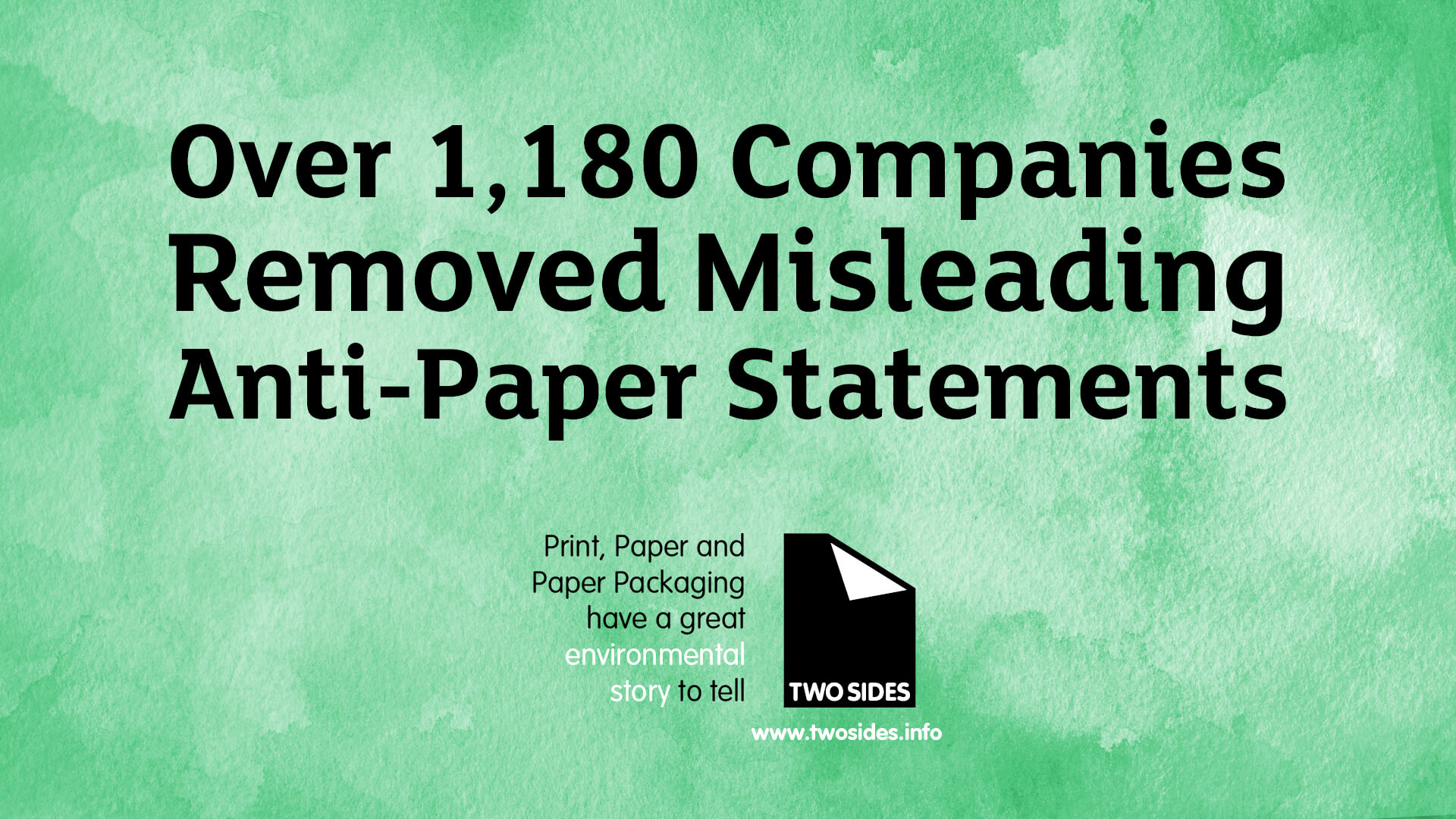18 October 2011
An employee may well be reasonable in resisting pay cuts, but that does not automatically make it unreasonable to dismiss and re-engage them.
An employee may well be reasonable in resisting pay cuts, but that does not automatically make it unreasonable to dismiss and re-engage them.
In these continuing hard times, with profits squeezed and business facing collapse, it is becoming increasingly common to consider salary reductions as a cost saving exercise. Although some consider it a risky option, given the prospect of employment tribunal claims for unfair dismissal and breach of contract, it is well established that dismissal for refusal to accept a change of contract terms is potentially fair (as "some other substantial reason" for dismissal), and will actually be fair if the employer acts reasonably in deciding to dismiss. Such fairness, of course, calls for genuine efforts to negotiate the changes before resorting to giving notice of dismissal and offering re-engagement on new terms.
Two recent cases have reiterated this general principle and made certain aspects of it very it clear:
- In Slade & Others v TNT, Wilkie J in the EAT stressed that, although it may be perfectly reasonable for employees to resist the change (in that case a massive 18% drop in pay), that in no way makes it necessarily unreasonable for the employer to persist with a course of action leading to dismissal of those who did not accept the new terms when negotiations failed.
- In Garside & Laycock v Booth, forthcoming EAT President Langstaff J confirmed that (i) there is nothing to say that the employer has to be "in dire straits" before it can be reasonable for them to impose a pay cut, and (ii) in particular, the reasonableness of the employee's stance is not relevant to the reasonableness of the employer's decision. However, it would normally be expected that an employer would take into account employees' circumstances in deciding whether a pay cut is the best way forward.
Employment lawyers will recognise that this approach properly reflects the fundamental principle of unfair dismissal - namely that in deciding what is "fair" it is the reasonableness of the employer that is under scrutiny. At a more practical level, businesses facing this situation should rest assured that, although ultimately the question of fairness is one for the tribunal, the fact that your employees are perfectly reasonable in resisting change does not automatically make it unreasonable to dismiss them - provided always that you have genuinely exhausted the negotiated approach first.
 Intergraf Economic News (Paper Prices) - April 2024
Intergraf Economic News (Paper Prices) - April 2024
19 April 2024
Access the latest edition of the Economic Newsletter for the European Printing Industry for data on paper consumption, and pricing data for pulp, paper and recovered paper.
 Two Sides Global Campaign Reports Increasing Greenwashing As Organisations Focus On Sustainability
Two Sides Global Campaign Reports Increasing Greenwashing As Organisations Focus On Sustainability
25 April 2024
Two Sides has challenged over 2,650 organisations found to be communicating greenwashing messages to their customers. Over 1,180 organisations have, so far, removed misleading anti-paper statements.
The BPIF is the printing industries champion. By becoming a member you join a diverse and influential community. We help you solve business problems, connect you to new customers and suppliers and make your voice heard in government.
Call 01676 526030









